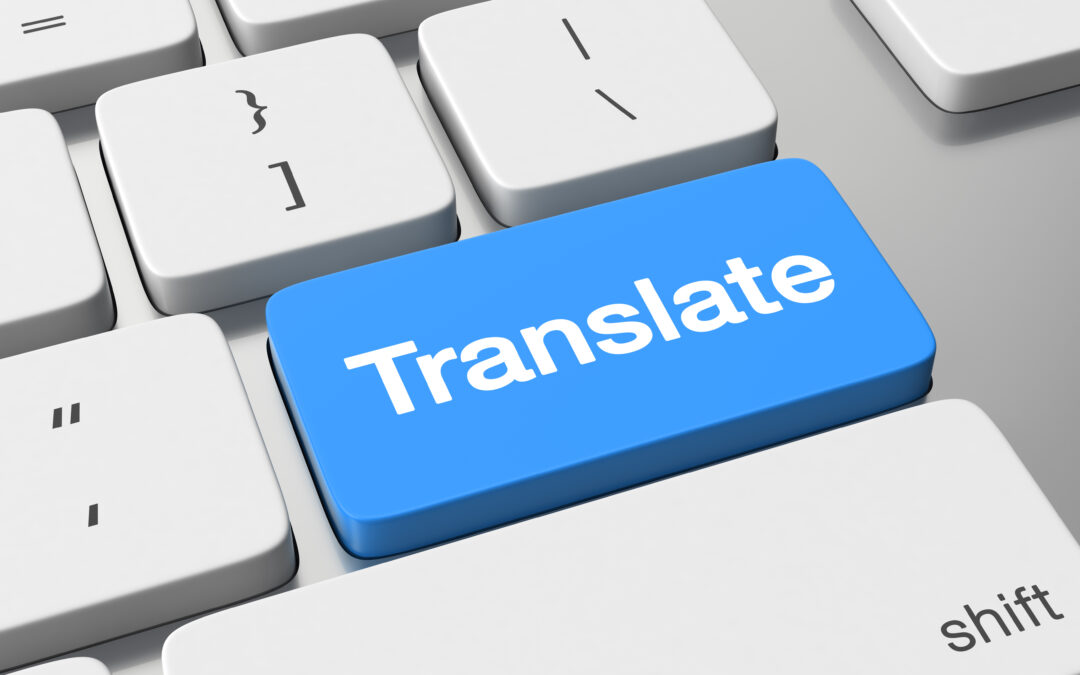BLOG POSTS

An eclectic mix of topics to educate and entertain, delivered to you on a bi-monthly basis.
Each blog post focuses on vocabulary, with some of the more difficult words defined for you. You can download those words as an Excel file, and import them into your Personal Dictionary. Thereafter, you can play 3 word games to practise and test yourself. Doing so will intensify your learning.
Moreover, there is a crossword and a word search puzzle for every post, so you can test your English knowledge, before and/or afterwards!

Onomatopoeia – crash, bang, wallop
Onomatopoeia is a linguistic term that refers to words that imitate or suggest the source of the sound they describe. In other words, onomatopoeic words are words that sound like the things they describe. Some examples of onomatopoeic words in English include “buzz,” “hiss,” “bang,” and “moo.” Onomatopoeic words can be used to describe sounds made by animals, objects, or even natural phenomena. They are commonly used in literature, poetry, and comics to create a more vivid and memorable experience for the reader or listener.

Can we trust online translators?
Just recently, I asked some of my students, which websites were essential for their day-to-day business. Naturally, Google search was on everyone’s list, and their translation website too. A couple of days later, I was reading an article that Google had added a further 24 languages to Google Translate, bringing the total to 133. Moreover, I’m quite certain that the majority of people reading this, will have used an online translator service within the past 7 days, as well.

Learning tips – what to do between lessons
I believe it is important to learn all skills equally. The active skills are speaking and writing; the passive skills are listening and reading. Most schools mainly focus on the passive skills as well as writing, so students don’t get the opportunity to speak as much as they should. Therefore, I encourage students to practice speaking with their colleagues, friends and colleagues, as often as possible, and not to be afraid of making mistakes.

Politeness – Are British people too polite?
Having been raised in a country where the necessity to use our Ps and Qs – Pleases and Thank yous – is as important as 3 square meals per day, it was quite strange to go into shops and not hear those words was a shock to the system. Moreover, the German people rarely say sorry if it’s not absolutely necessary, which is a stark difference to British people, who apologise for every little thing, even if it’s not our fault. I guess it’s quite strange for the people, who are equally to blame, to hear someone owning up to a mistake which they were equally culpable for, but we can’t help ourselves. Why do we do it? Because these simple words are a normal utterance for us. We say them without really thinking.

Guy Fawkes Night – Penny for the Guy?
Sitting here on November 1, a day after Halloween, I’m looking at a bowl of sweets (or candy if I was to use the American term), which is still relatively full, owing to the fact that we had a sum total of zero trick or treat visitors last night. When I was a boy, Halloween was something that primarily happened in American, which we only became aware of, when we saw the horror films of the same name which started in the late 1970s.
Subscribe
You don’t want to miss any of the blog posts? Then sign up for the newsletter below. That way you’ll always be up to date as soon as new blog posts are published.
